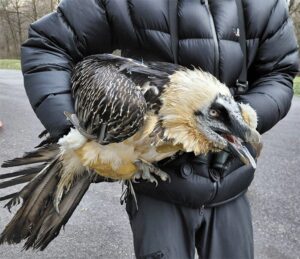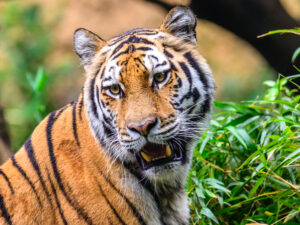On May 27, Marcus McGowan was snorkeling off the coast of North Queensland when a saltwater crocodile got hold of him.
“I was attacked from behind by a saltwater crocodile which got its jaws around my head…I was able to lever its jaws open just far enough to get my head out,” McGowan said in a statement.
A lucky escape
After prising his head free, the crocodile tried to strike for a second time. This time, McGowan managed to push the predator away, but the crocodile bit his right hand. While he was screaming for help from the water, a passing boat pulled him aboard and took him to Haggerstone Island.
From Haggerstone, he was flown to Thursday Island Hospital and then finally moved to Cairns Hospital. Doctors have treated him for punctures to his hand and head, as well as a laceration to his scalp. He is now recovering from the ordeal.

Photo: Shutterstock
It’s their territory
Despite the terrifying incident, McGowan is staying positive. The keen surfer and diver has spent his life in the water and doesn’t plan on changing that. “When you enter the marine environment, you are entering territory that belongs to potentially dangerous animals, such as sharks and crocodiles. I was simply in the wrong place, at the wrong time,” he said.
The region around Haggerstone Island, where McGowan was snorkeling with his wife and friends, is known as ‘croc country’. There have been at least 44 crocodile attacks in the area since 1985. In February, a crocodile ate a dog and attacked its owner.
Most recently, a fatal attack occurred in April. Kevin Darmody was fishing on the Kennedy River in North Queensland on April 29 when he disappeared. Those nearby heard screaming and saw splashing, but did not see Darmody. They alerted authorities and said they thought a crocodile might have pulled him under. Days later, the local government euthanized two crocodiles and experts identified human remains in both individuals.

Photo: Shutterstock
Practice “crocwise” behavior
Saltwater crocodiles are native to Australia, can grow up to seven meters long, and have the strongest bite force of any animal on Earth. Poaching caused numbers to drop to just 3,000 individuals in the 1970s but numbers have rebounded to over 100,000.
As the number of crocodiles increases, the Queensland Department of Environment and Science are asking everyone to report sightings or incidents as quickly as they can. The department tries to investigate all incidents but this can be incredibly difficult; the animals can travel hundreds of kilometers every day.
Though attacks are rare, the government encourages people to practice “crocwise behavior.” People should stay away from the edge of the water, keep their dogs on a leash, and dispose of food properly.






